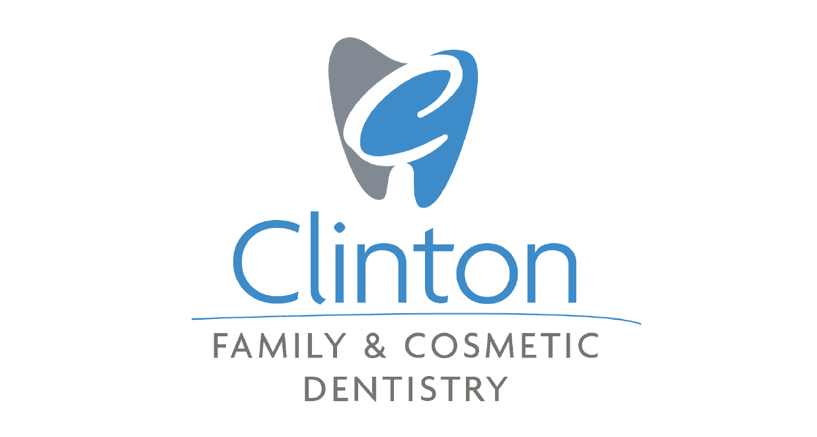At Clinton Family & Cosmetic Dentistry, we are here to help you treat complex dental concerns using advanced treatment methods. Our office is happy to provide TMJ treatment to patients who are suffering from TMJ disorder. A TMJ disorder occurs when the temporomandibular joint of your jaw becomes inflamed or injured, likely due to other underlying dental concerns. To help patients suffering from TMJ disorders, we offer a wide range of treatment plans to address the various dental concerns that could be contributing to your pain. Learn more about TMJ treatment options below.

TMJ Treatment in Clinton, NC
Drs. Balzen and Helmer provide restorative dentistry to correct TMJ issues and address frequent jaw pain. She has worked with many patients to overcome the painful symptoms of TMJ disorders using personalized TMJ treatment plans. Depending on the source of your TMJ disorder, the dentist will recommend which treatment option will best meet your needs. If you have a TMJ disorder, it is very likely that you will experience one or more of these symptoms:
- Jaw pain
- Tension headaches
- Earaches
- Popping or clicking sound when you chew
- Facial muscle tension
- Neck and shoulder pain
- Worn-down teeth
- Loose teeth
Treatment Options for TMJ Disorders
Depending on the underlying cause of your TMJ disorder, we will offer you a personalized treatment plan that best meets your needs and addresses your symptoms. Here are some of the potential treatment options for TMJ disorders:
- Oral Appliance Therapy. Often, patients with TMJ disorders have a habit of grinding their teeth or clenching their jaw during times of high stress. If this is the case for you, we will provide a custom oral appliance designed to take the stress off your jaw joints. If worn at night, this will prevent you from being able to grind your teeth together. Additionally, it will hold your jawbone in a healthier resting position as you sleep, meaning you will wake up with a completely tension-free jawbone.
- Orthodontics. Bite misalignment is another common cause of TMJ disorders. If you suffer from crossbite, overbite, underbite, or crooked teeth, we may recommend orthodontics as a TMJ treatment option. With the help of orthodontic treatment options, we will help you realign your bite pattern for better functionality.
- Tooth Replacement. If you are missing one or more teeth, this, too, throws off your bite pattern. It places unintended pressure on your remaining dental structures. If we find this to be the source of your jaw pain, we will offer restorative dental services to help you restore your smile from the harmful effects of tooth loss.
TMJ Disorder FAQs
How long does TMJ take to resolve?
On average it takes anywhere from 18 months to three years for TMJ to fully resolve. Massage therapy or stretching can help to provide relief and reduce muscle tension. Professional TMJ treatment will help to resolve TMJ as fast as possible.
Does TMJ go away with treatment?
TMJ disorder discomfort is usually temporary. In many cases, simple self-care routines may help to alleviate the symptoms. Treatment helps to relieve symptoms and reduce the effects of TMJ.
What should you not do with TMJ?
Patients with TMJ should avoid foods that are particularly difficult to chew. This includes chips, gum, candies, hard fruits, ice, and popcorn. Foods that require excessive chewing may worsen TMJ symptoms.
How do you sleep after TMJ surgery?
After dental surgery, we advise you to sleep with your head and shoulders elevated over your heart. You may want to use pillows to keep your head up. Additionally, if you have a recliner, this is a great method to keep your head raised.
Can TMJ cause tooth loss?
Teeth can develop irregular wear patterns as a result of TMJ. TMJ is a key contributor to tooth loss, gum recession and the most common cause of injury to tooth enamel. Additionally, people with TMJ may grind their back teeth, which weakens the occlusal surface cusps.
Does TMJ surgery change your face?
Your face can appear imbalanced from the front, the side, or both when your jaws are out of place. Orthognathic surgery realigns the bite, and any apparent asymmetry is eliminated. Your face appearance might be significantly enhanced with a corrected jaw treatment.
When can I go back to work after TMJ surgery?
You should generally take about three days off from work, but make sure the time off is flexible in case you require more time. For a few weeks after your procedure, your surgeon might advise you to stick to a soft diet. You’ll likely begin jaw exercises or physical therapy after a few days.
If you experience frequent jaw pain, tension headaches, muscle tension, or earaches, please schedule a visit with our amazing dental professionals. They will work with you to locate the underlying source of your pain and offer you a treatment plan that best meets your needs. We look forward to seeing you soon and helping you restore your jaw health.
